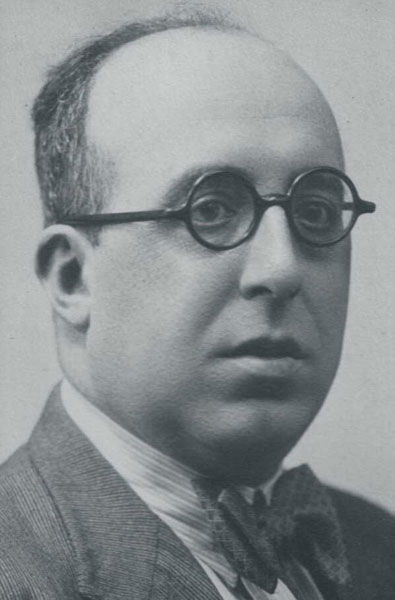<Back to Index>
- Geographer and Writer Ramón Otero Pedrayo, 1888
PAGE SPONSOR

Ramón Otero Pedrayo (alternative spelling Outeiro Pedraio) (Ourense, Galicia, 1888 - Ourense, 1976) was a Galician geographer, writer and intellectual. He was a key member of the Galician cultural and political movement Xeración Nós.
Otero Pedrayo taught Geography and History in Burgos and Santander (Spain), before he went back to his natal city of Ourense. In 1918 he became a member of the Galicianist organization Irmandades da Fala. He was a member of the Spanish parliament during the time of the Spanish Second Republic representing the Partido Galeguista (Galicianist Party). He was the first professor of Geography at the University of Santiago de Compostela. Apart from being considered the person who first introduced modern Geography in Galicia, he also was an accomplished writer as demonstrated by his numerous essays, novels, plays and poems. He was also renowned as a great orator with a charismatic voice.
Some of his famous novels are Os camiños da vida and O mesón dos Ermos, where he provides a meticulous description of Galician rural life. In fact, his non scientific works are often taken as historical sources, since they are quite accurate and rigorous in terms of localization, description and context. His novel Arredor de si is often considered to be a veiled autobiography.
Among his vast scientific production, the encyclopaedia Historia de Galiza (first published in 1962) stands out as a colossal project. Yet, in his many works he depicted with precision the history, geography, folklore and anthropology of Galicia. He was the first geographer to define Galicia as an Atlantic country, that is, of Atlantic and not Mediterranean culture. And together with archaeologist Florentino López Cuevillas he was one of the first researchers embarking in a systematic scientific study of Galicia's Celtic past.
There is a foundation named after him, which preserves and promotes his works.